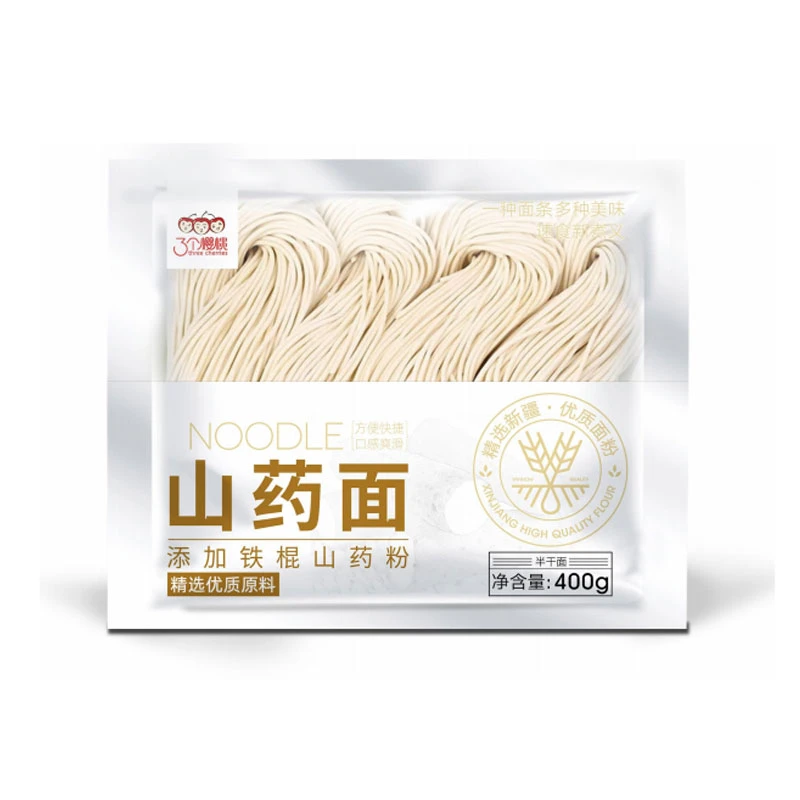Are Soba Noodles a Nutritious Choice for Your Diet and Wellness Goals?
Are Soba Noodles Healthy? A Closer Look at the Nutritional Benefits
Soba noodles, a traditional Japanese food made primarily from buckwheat flour, have gained worldwide popularity not only for their unique nutty flavor but also for their potential health benefits. As people continue to seek healthier alternatives to pasta and other carbohydrate sources, the question arises Are soba noodles healthy?
Nutritional Profile of Soba Noodles
To determine the healthiness of soba noodles, we must first explore their nutritional profile. A typical serving of boiled soba noodles (about 100 grams) contains
- Calories Approximately 99 - Protein 5 grams - Carbohydrates 21 grams - Dietary Fiber 1.5 grams - Fat Less than 1 gram - Vitamins and Minerals Rich in manganese, copper, and magnesium.
Compared to regular wheat pasta, soba noodles tend to be lower in calories and higher in protein, mainly due to their buckwheat content
. This makes them a favorable option for those looking to manage their weight while still enjoying a satisfying meal.Health Benefits of Soba Noodles
1. Rich in Nutrients Made from buckwheat, soba noodles are loaded with essential nutrients. Buckwheat is a good source of vitamins B2 and B3, iron, and various antioxidants. This nutrient density makes soba noodles an excellent foundation for a balanced meal.
2. High in Protein While many carbohydrate sources are low in protein, soba noodles offer a better protein profile than traditional pasta. The protein content is particularly beneficial for vegetarians and those looking to increase their protein intake without consuming animal products.
are soba noodles healthy

3. Gluten-Free Options True buckwheat soba noodles are gluten-free, making them suitable for individuals who are celiac or gluten-sensitive. However, one should be cautious and choose 100% buckwheat varieties, as some soba noodles are made with a blend of wheat and buckwheat.
4. Low Glycemic Index Soba noodles have a lower glycemic index compared to regular pasta, meaning they may result in a slower rise in blood sugar levels. This property makes them a better choice for diabetics or anyone who is managing their blood sugar.
5. Heart Health Buckwheat is known to contain compounds that may help lower cholesterol levels and improve overall heart health. The high levels of flavonoids and antioxidants found in buckwheat contribute to its heart-healthy properties, potentially reducing the risk of cardiovascular diseases.
6. Digestive Health The dietary fiber content in soba noodles, though moderate compared to whole grains, can contribute to gut health. Fiber aids in digestion, helps regulate bowel movements, and can make one feel fuller for longer, potentially assisting with weight management.
How to Incorporate Soba Noodles into Your Diet
Soba noodles are versatile and can be enjoyed in various dishes. They can be served hot or cold, making them perfect for soups, salads, stir-fries, or as a side dish. A simple yet delicious way to prepare soba noodles is to toss them with fresh vegetables, a protein source such as grilled chicken or tofu, and a light dressing based on soy sauce, sesame oil, and rice vinegar.
For a refreshing change, consider making a cold soba noodle salad with sliced cucumbers, carrots, scallions, and a sprinkle of sesame seeds. This dish not only offers great taste but maximizes the nutritional benefits of the ingredients.
Conclusion
In conclusion, soba noodles can be a healthy addition to your diet when consumed in moderation and as part of a balanced meal. With their rich nutrient profile, high protein content, and various health benefits, they serve as an excellent alternative to traditional wheat noodles. However, always remember to check labels to ensure you are choosing the pure buckwheat varieties to fully enjoy the health benefits. So next time you're in the mood for a noodle dish, consider soba noodles—they might just be the healthy choice you've been looking for!
-
Unleash Your Inner Chef with Delectable Italian Pasta CreationsNewsAug.01,2025
-
Savor Health and Flavor: Irresistible Soba Noodles for Sale Await!NewsAug.01,2025
-
Nourish Your Body with Premium Organic Ramen - A Culinary Delight AwaitsNewsAug.01,2025
-
Elevate Your Dishes with Our Exquisite Kinds of Egg NoodlesNewsAug.01,2025
-
Dive into Flavorful Convenience with Our Ramen OfferingsNewsAug.01,2025
-
Discover Exquisite Types of Naengmyeon and Chilled Soba NoodlesNewsAug.01,2025
-
Is Whole Wheat Pasta Healthy?NewsMay.30,2025
Browse qua the following product new the we

















































































































